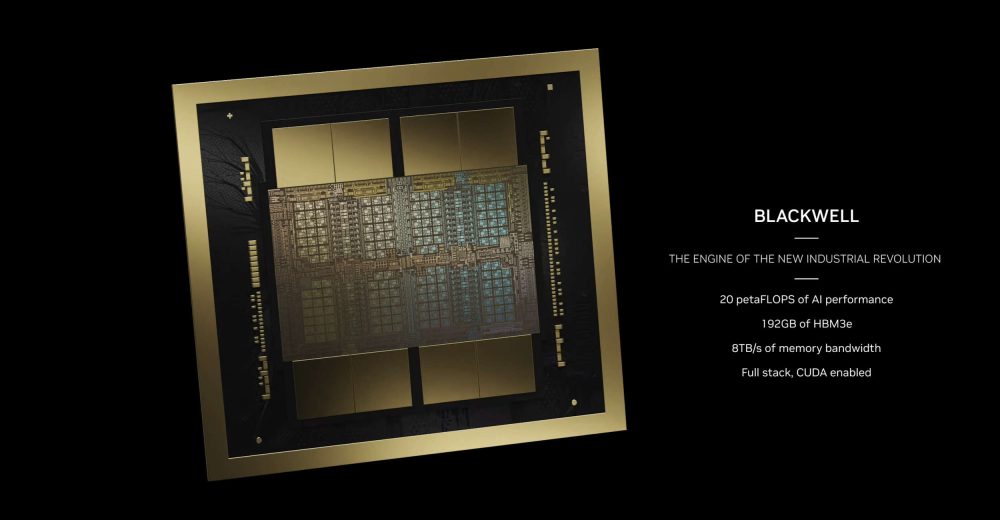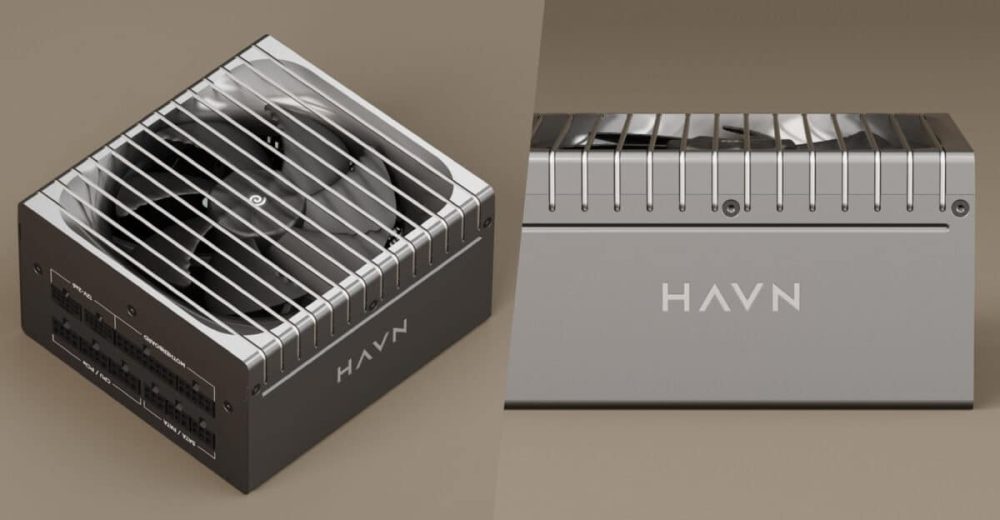Nvidia’s Blackwell processor was supposed to be the star of the show, the “super-duper” chip, as U.S. President Donald Trump called it, but it ended up becoming the elephant in the room. Despite the hype and market frenzy leading up to Trump’s meeting with Chinese President Xi Jinping, the topic never made it onto the official agenda.
And that silence says everything.
The $5 Trillion Moment That Never Happened
In the days leading up to the high-profile meeting, Nvidia’s stock surged past a $5 trillion valuation for the first time, driven by investor hopes that Trump would relax restrictions on semiconductor exports to China. The mere mention of “Blackwell”, Nvidia’s most advanced AI processor to date, was enough to fuel headlines and excitement across Wall Street.
But when the two leaders met in South Korea, Trump told reporters afterward that while semiconductors were discussed, “we’re not talking about the Blackwell.”
That short sentence hit harder than any tariff announcement. It made clear that the world’s most powerful AI chip has now become a geopolitical bargaining chip, one that neither side is ready to play.
From ‘Super-Duper’ to Super Sensitive
The Blackwell GPU represents the pinnacle of Nvidia’s design, an AI processor so powerful that it redefines training and inference for large language models and generative AI. But to Washington, it’s also a potential threat if that power accelerates China’s AI or military advancements.
Trump’s administration, much like Biden’s before it, has walked a tightrope on semiconductor export controls. While Trump has previously allowed Nvidia’s H20 chip, a cut-down model built specifically to comply with earlier sanctions, to be sold to China, he’s also signaled that Blackwell might be a step too far.
“Blackwell is the super-duper chip,” Trump said earlier in the week, sparking speculation it might be up for discussion. But in the end, it wasn’t, and that omission speaks volumes about how entrenched the U.S.–China tech divide has become.
Beijing’s Countermove: AI Without Nvidia
While Washington debates what to sell, Beijing has already shifted gears toward independence. Just days before the Trump–Xi meeting, China’s Communist Party published a directive calling for “extraordinary measures” to achieve technological self-sufficiency in key industries, particularly semiconductors and AI infrastructure.
In practice, that means building its own sovereign AI stack —from chips and compilers to training frameworks and large models —without Nvidia in the loop. The shift isn’t merely defensive; it’s strategic. The more the U.S. restricts access, the faster China accelerates domestic development through Huawei’s Ascend platform, Biren processors, and open-source AI ecosystems.
Ironically, Nvidia’s own CEO Jensen Huang has long warned that U.S. export curbs could backfire:
“The president has licensed us to ship to China, but China has blocked us from being able to ship to China,” he said in Washington this week. “They’ve made it very clear that they don’t want Nvidia to be there right now.”
It’s a standoff, one side tightening supply, the other rejecting dependency.
Market Highs, Strategic Lows
Despite the uncertainty, Nvidia’s shares have risen nearly 50% this year. Investors continue to see the company as the core of the global AI economy, even if its biggest market, China, is now effectively off-limits.
The irony is rich: Blackwell, the chip designed to fuel the next wave of AI breakthroughs, is being sidelined not for technical reasons, but political ones. The AI arms race has moved beyond transistors and tensor cores; it’s now about ideology and control.
The Bigger Picture: A Split AI World
What’s happening with Blackwell isn’t just a trade dispute; it’s the blueprint of a split AI world. One half will run on Nvidia, CUDA, and U.S.-aligned data centers. The other half will rely on Chinese-designed hardware, open frameworks, and domestically trained models.
The result is two ecosystems evolving in parallel, incompatible by design, and both convinced they’re the future.
In a world where semiconductors are more strategic than oil, Blackwell has become more than a chip. It’s a symbol of pride, paranoia, and the price of technological supremacy.


